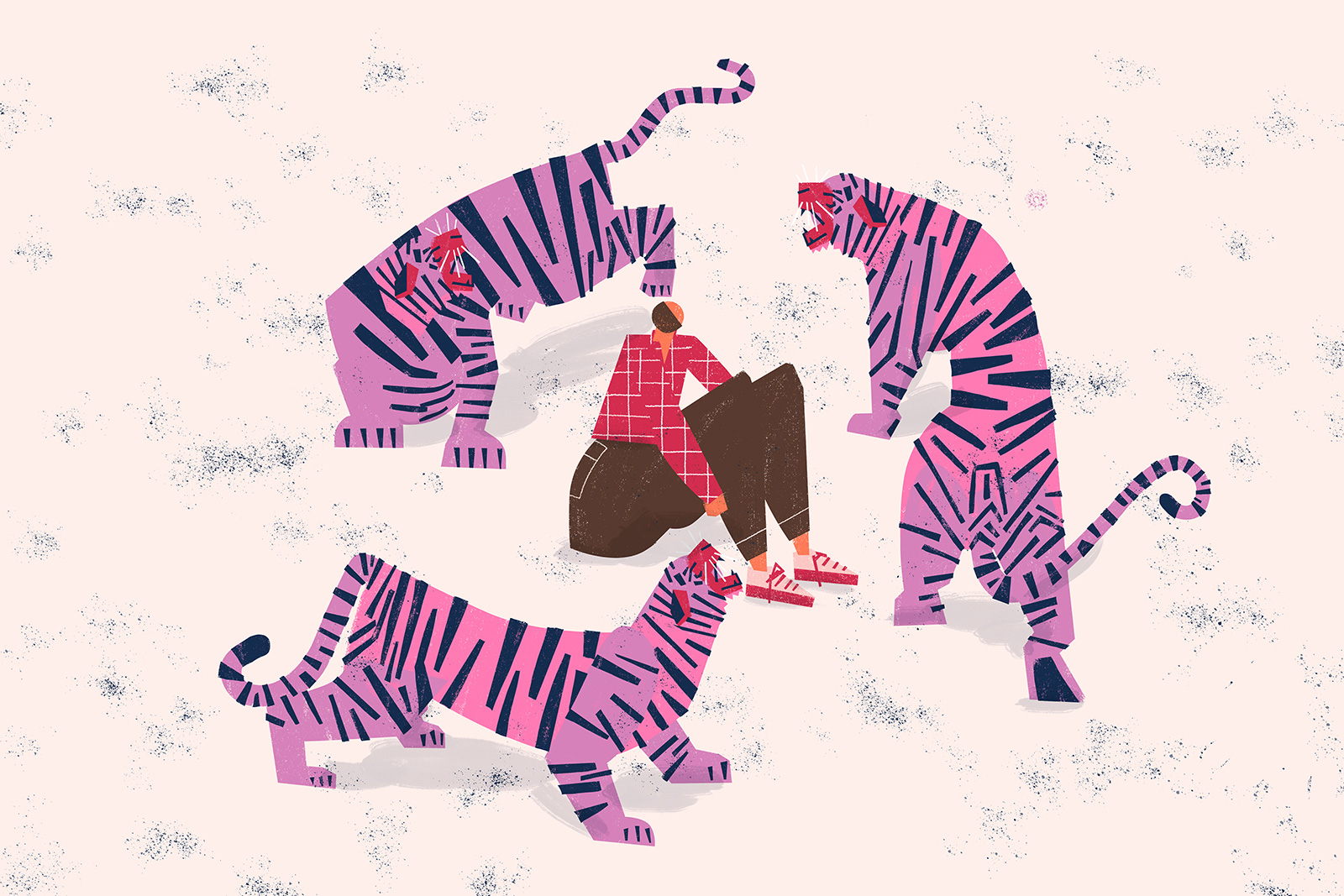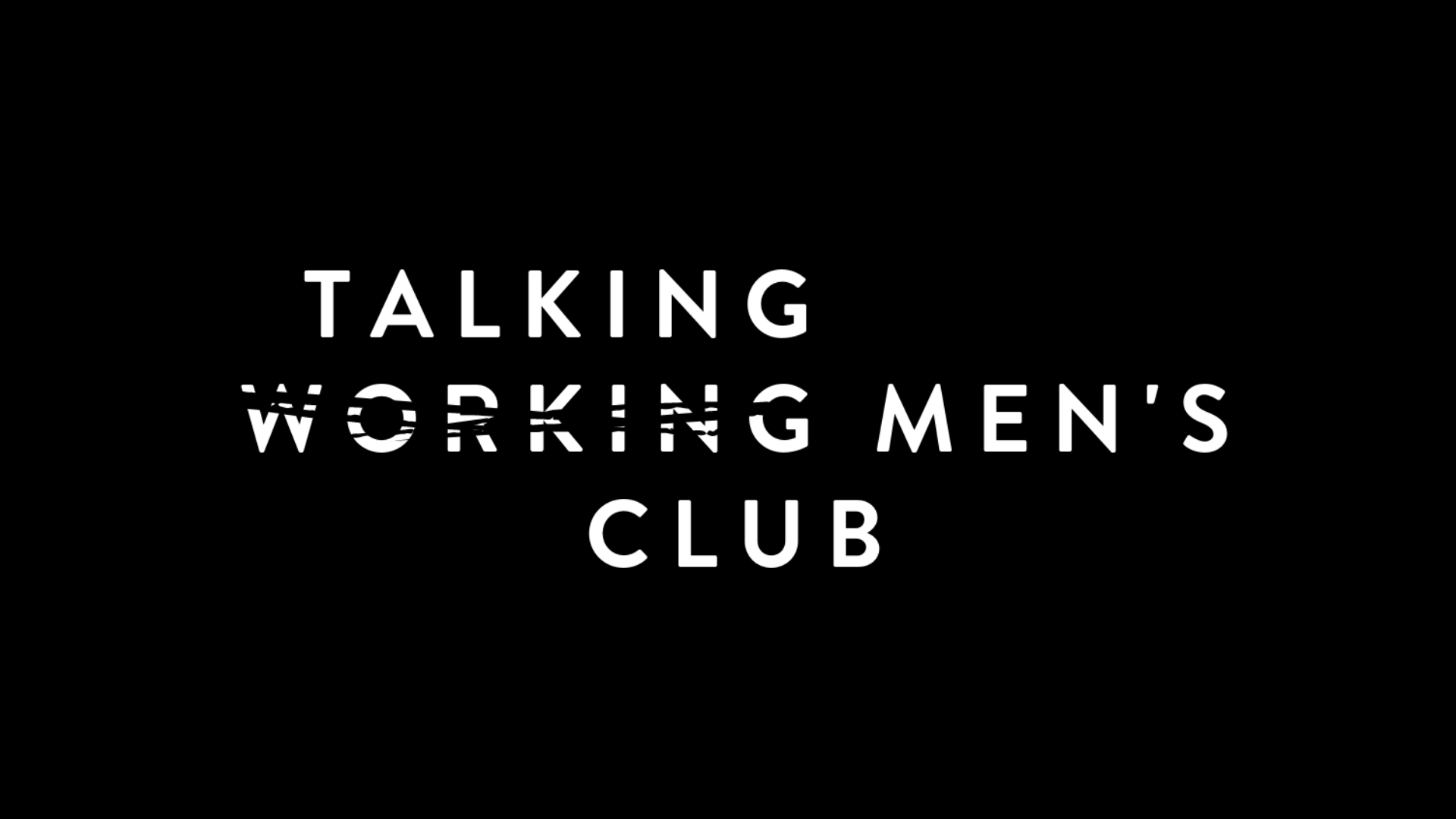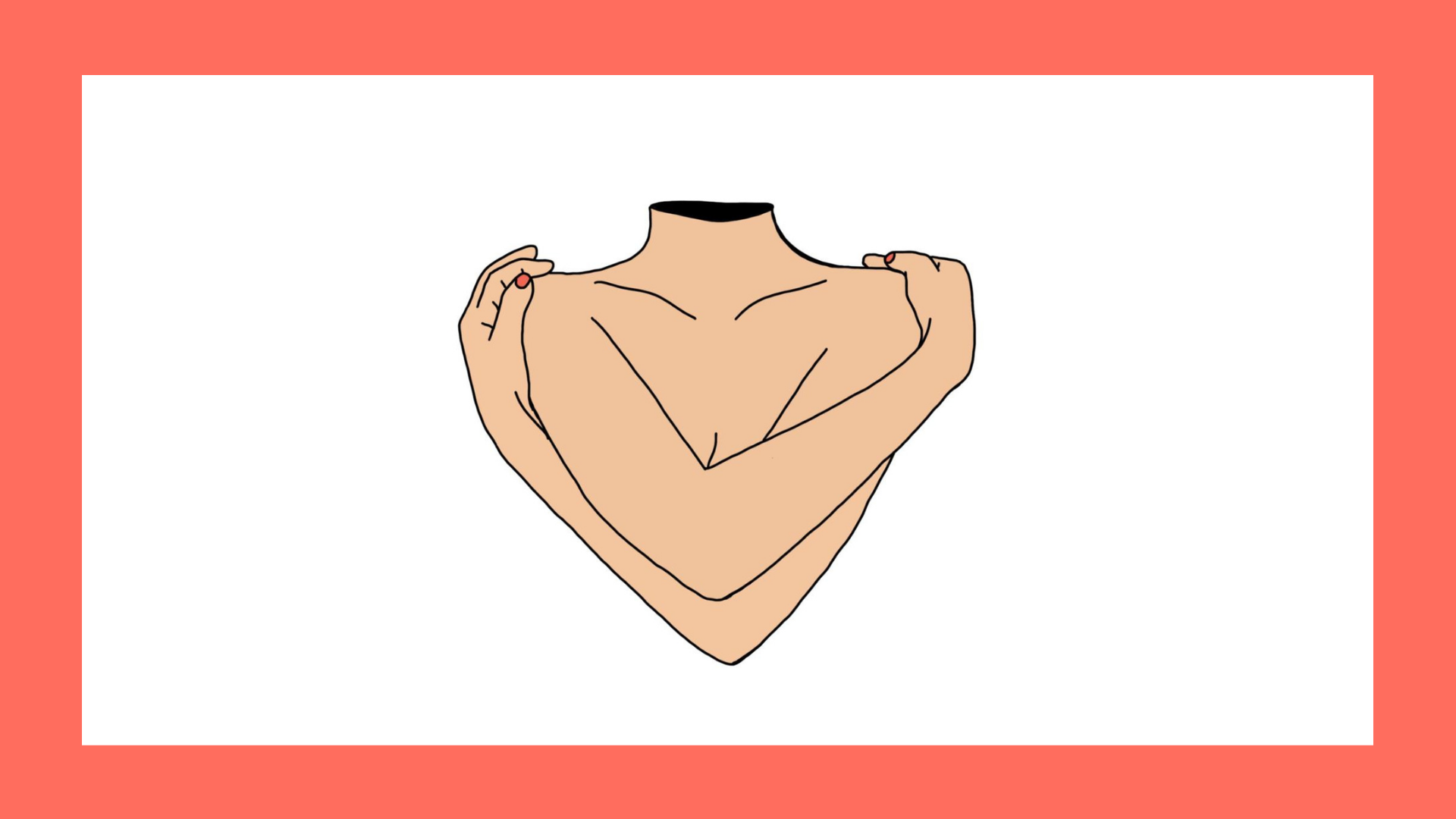Ryan (he/him) is a queer-identifying and queer-affirming therapist. His therapeutic approach is flexible, down to earth, and compassionate. He is currently specialising in Psychosexual Therapy, and looking forward to support individuals and couples/relationships in any sex, sexuality, and relationship matters.

I was talking to a friend of mine the other week when they said something along the lines of: “I hope I’ll remember all the lessons I’ve learned during lockdown”, and I think my response went something like this: “You’ll only remember the lessons, if you do something about them”.
Besides absolutely relating to the sentiment of their statement, this very short interaction stayed with me because it goes right to the core of what I call the illusion of change, which we are all subject to every now and then. Very simply, the illusion of change implies that once we become aware of something, of a problem, of a solution, that this will immediately translate into us feeling better, or being “fixed” or “healed”. This illusion takes place because when we get an insight about something, we tend to experience a slight high, a hit of something good and clear. It’s like finally turning the light on in a room that was previously dark. It’s a light bulb moment, or an aha! moment, or a catharsis. It’s a release of something, and that’s why it feels good. It’s also why we get tricked into thinking that the problem is solved.
No matter how up or down our experiences were, we’ve all been through so much since the start of lockdown! So much so, that I actually think we won’t fully feel the effects or understand our own lived experiences for quite some time. We can probably describe how it felt, what we did or didn’t do, even what we think we have learned, but most of it is still insight and resonance. Most of it is still light bulb moments. It’s what we call a process in therapy. We’ve turned on the lights and we’re now looking around, assessing the situation with more clarity, and trying to decide what to do next.
In therapy, we sometimes make a distinction between change and transition. Change being a more externalised experience, concrete, visible, quick; whilst transition is more of an internal process, which is slower, less apparent and harder to describe. I believe most of us are in a transition process at the moment. We can see the changes in our external worlds clearly, but not so much in our internal worlds. We probably feel the impact of something, but what is it? What does it mean for us personally, for our loved ones, for the bigger picture of our lives? How have our lives actually changed?
I think what my friend was saying was that they hoped their life wouldn’t go back to a pre-lockdown normal as if nothing had ever happened. And I think they’re not alone in this sentiment either. I’m certainly there with them too! But how do we do this? How do we turn these insights and lessons, into attainable and sustainable life changes? The answer is always action. I’ve been telling my clients for years that a person can have all the amazing insights they can in therapy, but if that is not coupled with some real-life actions, nothing will change, and our inner transitions will either last way longer than they need to, or they will stagnate altogether.
What does this look like in real life? For those of you who’ve experienced therapy, you will hopefully have experienced a curious stance on the part of your therapist. They will have asked you questions that are both specific and vague enough to allow for exploration. When we ask “how does that feel?”, we’re not following a textbook exercise. We are genuinely curious about how something feels to you, because that same something might feel very different to us. And since you’re the client, it’s very important that we know how it feels for you. Additionally, we may ask “where do you feel that in your body?” because this allows for a deeper awareness and insight into your experiences. I’m a big fan of this one in particular: “what surprised you?” This same curiosity can be applied by each one of us in our own lives.
Let me illustrate what I mean…
One of the first things I noticed in the first few weeks of lockdown was the absence of travel. I used to spend so much time travelling all over London for different types of work, for meetings, for hobbies, to meet with friends, etc. It dawned on me that a big part of my potential chronic fatigue was due to spending so much time on public transportation and having days that lasted between 6am and midnight. I wondered how this could be different once the lockdown stopped.
So, going back to what I was saying, this realisation is the moment of insight. It’s when we go “Wow! Look at this thing in my life right here. I’d never noticed its full impact before!” When we experience this, we feel a high. We experience a surge of energy and tend to imagine a different future straight away. The insight coupled with a vision of the future feels so great that we also feel a sense of power and motivation, an “I can do this!” kind of attitude. Popular culture and art have somewhat tricked us into thinking that this is the moment where happiness finally begins. It’s the reason why sometimes clients don’t return to therapy, or why people sometimes don’t even start therapy. The insight, vision of the future, clarity, sense of power and motivation make us believe that we’re done. But “the work” has only just begun!
To do “the work”, the key stage that must follow the insight, and most people tend to skip this, is the questioning stage: what does this mean for me? How does this feel? What can I do about this? What are the specific and practical actions that can lead me to that vision of the future I had? We tend to dislike this because the questioning and the action stages tend to bring us right down from our high into the real world. From fantasy to reality. And this is hard because fantasy often feels so much more appealing and joyous.
If you are someone who can relate to what my friend said and if you really hope that you are able to remember all the lessons from lockdown, the only way to do it is to live those lessons. To integrate and make them part of your daily life.
I would suggest the following steps:
- Write down your lessons. As I was writing this blog, I noticed that some of my own lessons are already feeling a bit hazy and blurry. Writing them down is a great way to remember and have a visual aid for any future plans.
- Be curious, inquisitive, and imaginative. Allow yourself to fully imagine a different future for yourself and be curious about it. How does it feel? What else is needed? What would you like and want to have or feel? The more questions you have, the more answers you’ll get.
- Acknowledge but don’t give too much space to the judgmental voice that will inevitably appear and tell you that “you can’t possibly make any changes to your life.” Focus on the voice that says “Yes, I can do this!”
- If your thoughts and emotions feel overwhelming, share them with close friends/family/partners, or with a therapist. Make sure to share only with your inner circle at first, as this will be more supportive.
- Once you’ve processed some of these thoughts and emotions, begin to think about practical and specific actions. What do you need to do to make these changes in your life, to implement these lessons, to help your inner transition into something new? Visualise the ultimate goal and walk backwards to discern the many steps you need to take. Make the steps small, achievable, and sustainable.
- Remember that life transitions are a (half-) marathon, not a sprint.


